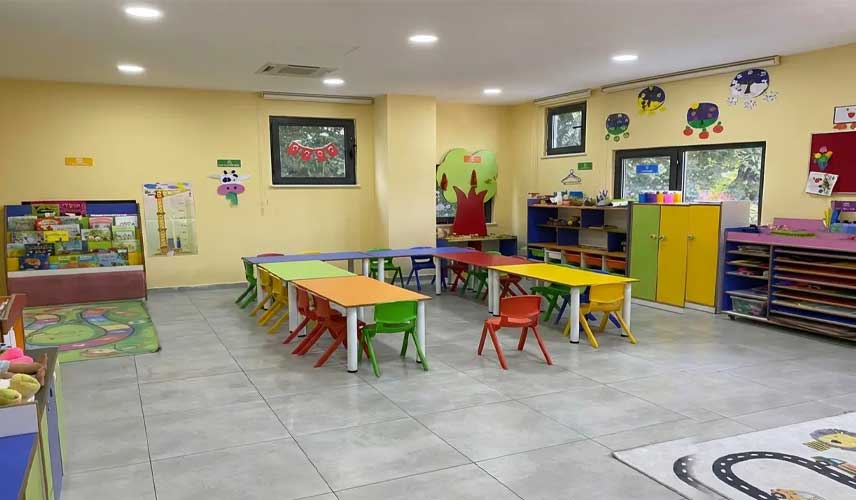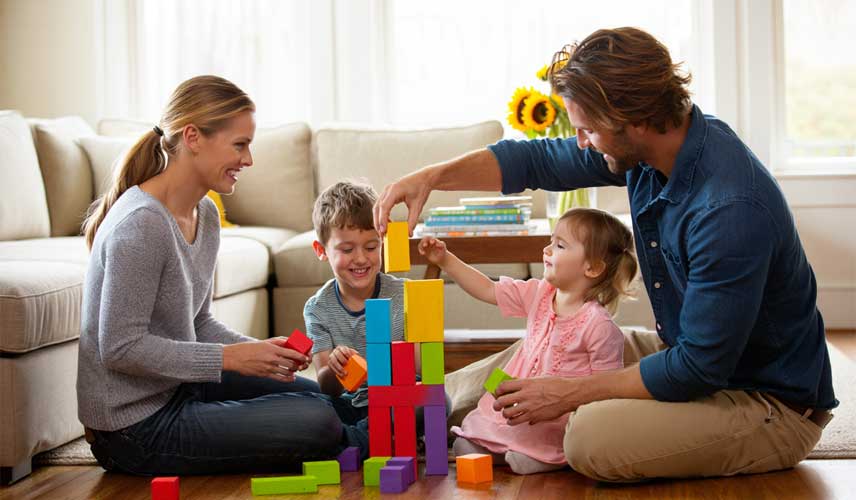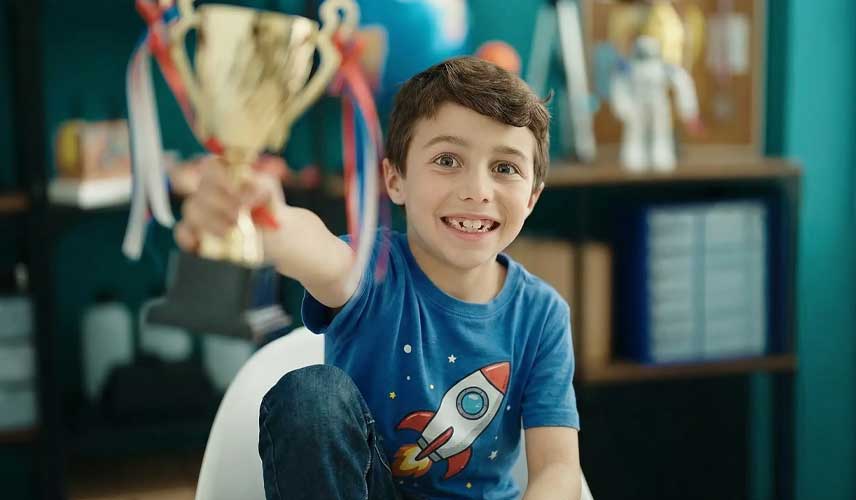
Benefits of Playing for Children

Games and toys are among the most important elements of child development. Parents should also take time to play with their children; this allows them to get to know their child better and establish a stronger communication with them. While playing with a child, it is possible to carefully observe and understand their dreams and disappointments, as well as what is happening in their inner world. The benefits of playing are widely agreed upon by all psychologists, as they provide serious and significant advantages. To ensure that the games and toys your child plays with provide the expected benefits, you should pay attention to whether these games and toys are suitable for their age group and developmental level.
In what ways is playing beneficial for children?
We can easily answer this question with "In every way." Games accelerate children's physical, emotional, social, and cognitive development; positively affect language development, and extend their concentration spans. Scientific data shows that playing is not merely an activity to fill free time or make noise, as some parents might think, but it provides great benefits in terms of child development. Children can learn many things, such as negotiating, making agreements, addressing people in different ways, waiting, being patient, solving problems, and sharing through play. During play, the whole body of children is engaged, and especially their motor skills develop.
As a parent, if you are sufficiently informed about the benefits of playing for children, we are sure that you will pay more attention to encouraging your child to play and playing with them. Playing positively affects a child's intelligence, ability to communicate with others, imagination, vocabulary, attention span and concentration skills, and life energy, and also allows them to release their energy. When children play, they feel that they can control life by experiencing different roles from real life, which relaxes them. They learn many of life's rules through games. While playing with their friends, they learn to love others, show respect, and help. Playing also helps calm aggressive children who have tendencies towards aggression. Parents can convey the messages they want to give to their children while playing. You can try to instill qualities such as kindness, helpfulness, empathy, and self-confidence in your child through games.
If you want your child to develop their motor skills, imagination, problem-solving abilities, expand their vocabulary, establish social relationships, learn societal rules, relieve their tension, relax, learn to be attentive and patient, and express themselves, you should ensure they play age-appropriate games, take time to play with them, and buy toys suitable for their age.
Child Development and Education Other Content in the Category

Child Development and Education
Ways to Develop Fine and Gross Motor Skills in Children

Child Development and Education
First Day at Kindergarten: 12 Tips to Ease the Transition

Child Development and Education
6 Tips for Success

Child Development and Education
8 Reasons for Attention Difficulties in Children

Child Development and Education
Problems Related to Homework and Solutions

Child Development and Education
15 Life Skills Your Teen Should Acquire

Child Development and Education
35 Positive Messages Your Child Needs to Hear

Child Development and Education
10 Characteristics of Good Enough Parents

Child Development and Education
Child Development: The First 5 Years

Child Development and Education
7 Things You Need to Do to Raise a Well-Rounded Child

Child Development and Education
14 Effective Methods to Improve Children's School Success

Child Development and Education
8 Tips for Positive Parenting

Child Development and Education
10 Ways to Communicate Well with Children

Child Development and Education
How Does Changing Schools Affect Children?

Child Development and Education
